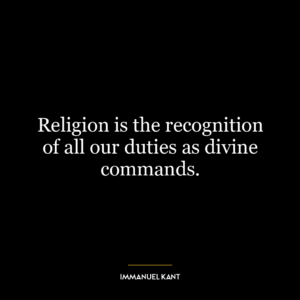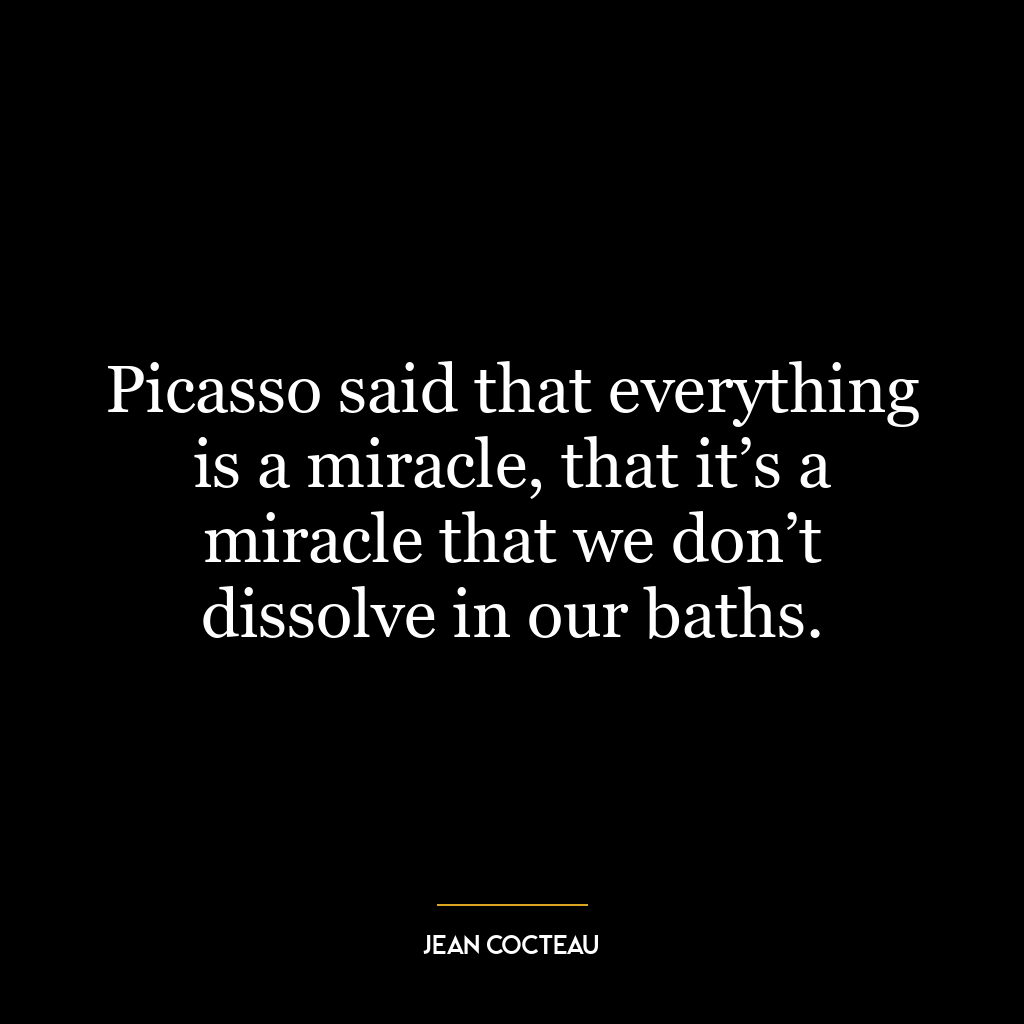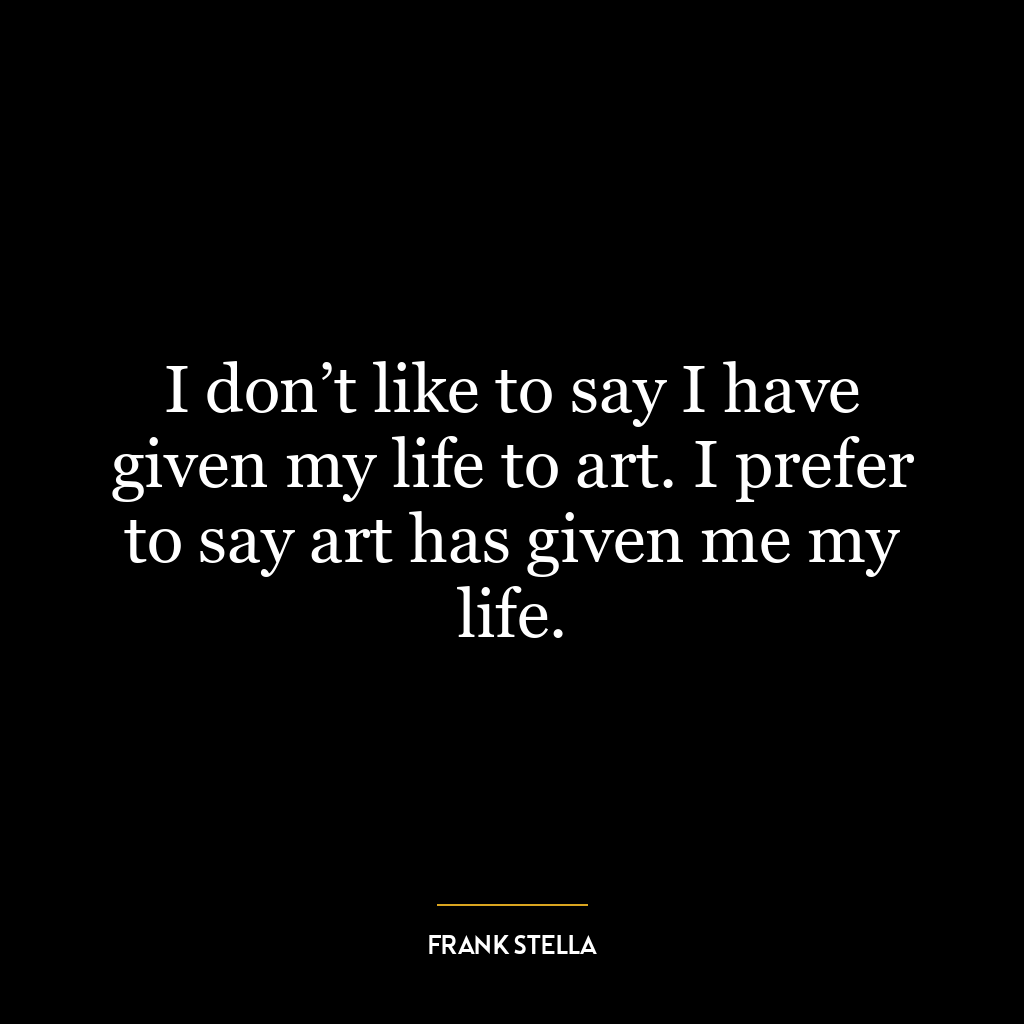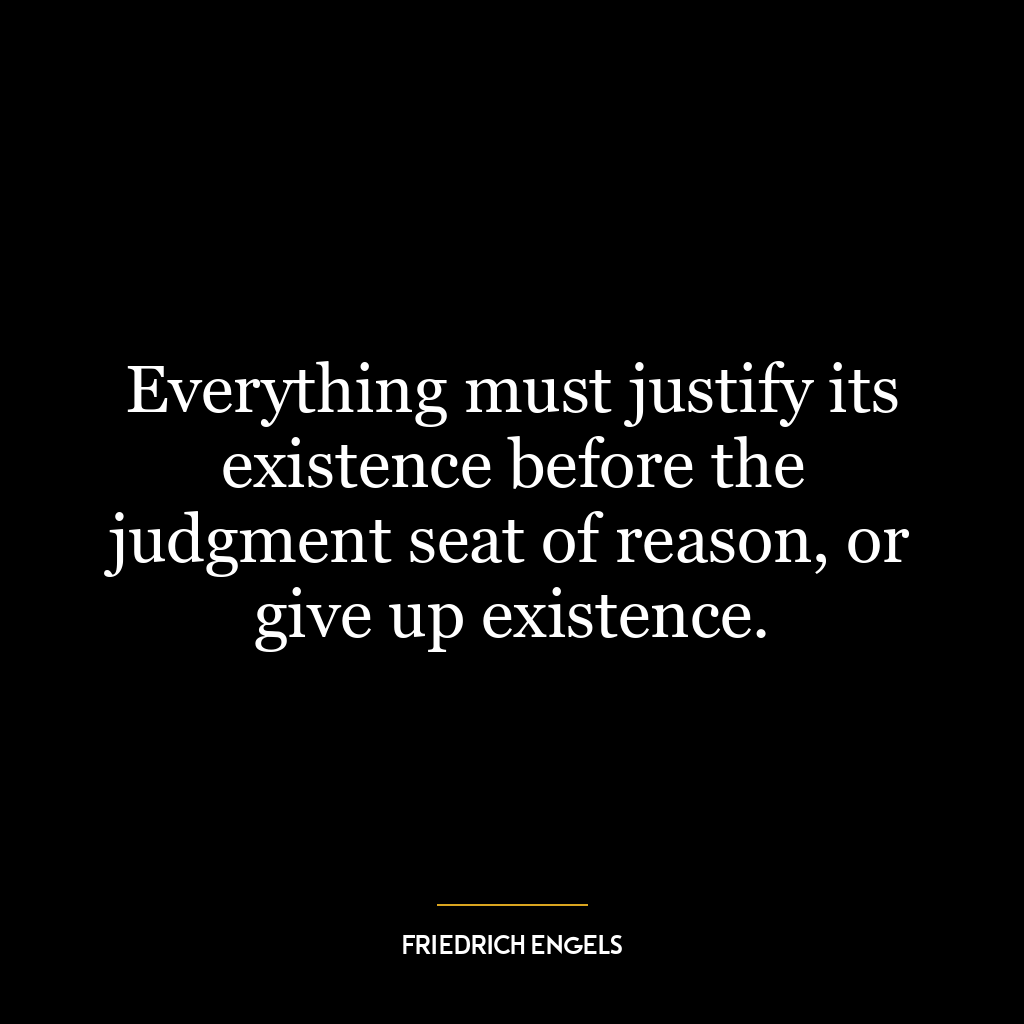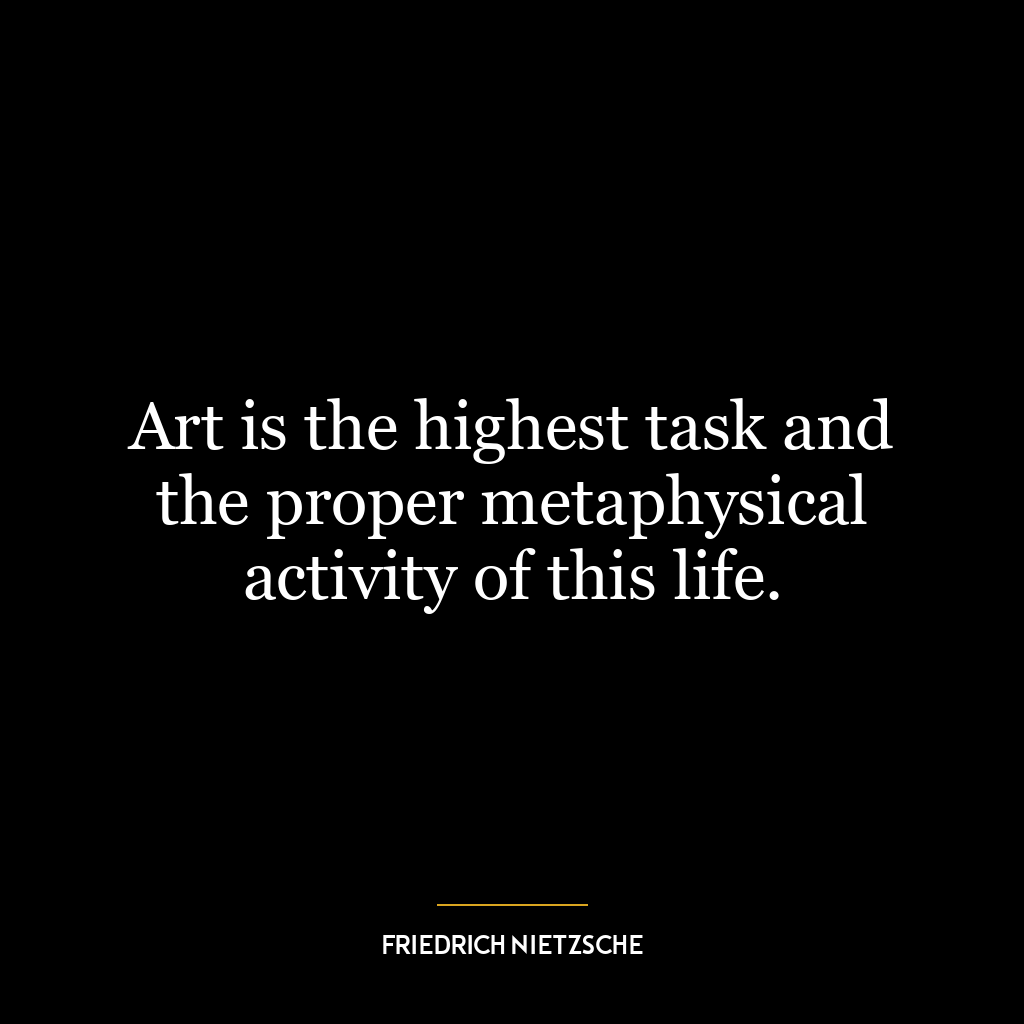The human heart refuses To believe in a universe Without a purpose.
This quote suggests that humans inherently seek purpose and meaning in their lives, and struggle to accept the idea of a universe that exists without any specific purpose or reason. It implies that the human heart – used metaphorically to represent our emotions, feelings, and deepest thoughts – naturally resists the notion of a purposeless universe. This is because we tend to seek patterns, reasons, and meanings in everything we encounter.
Applying this concept to today’s world, we can see that this search for purpose is still very much a part of human nature. People often seek meaning in their work, relationships, and personal pursuits. This can be seen in the rise of movements like minimalism, conscious consumerism, and purpose-driven businesses, which all emphasize the importance of purpose and meaningfulness over materialism and superficiality.
In terms of personal development, this quote suggests that finding one’s purpose or meaning in life can be a crucial aspect of growth and fulfillment. People often find that when they identify and pursue their passions and values, they feel more satisfied and content in their lives. This can involve a process of introspection, self-discovery, and sometimes, even struggle.
However, it’s important to note that the idea of a ‘purpose’ can vary greatly among individuals. For some, it might be about contributing to a greater cause or making a difference in the world, while for others, it might be about personal achievements or the pursuit of knowledge. This diversity in what constitutes a ‘purpose’ highlights the subjectivity of human experience and the importance of individual paths in life.
In conclusion, the quote suggests that the human heart’s inherent desire for purpose and meaning is a fundamental aspect of our existence. This continues to be relevant in today’s world and plays a crucial role in personal development.







